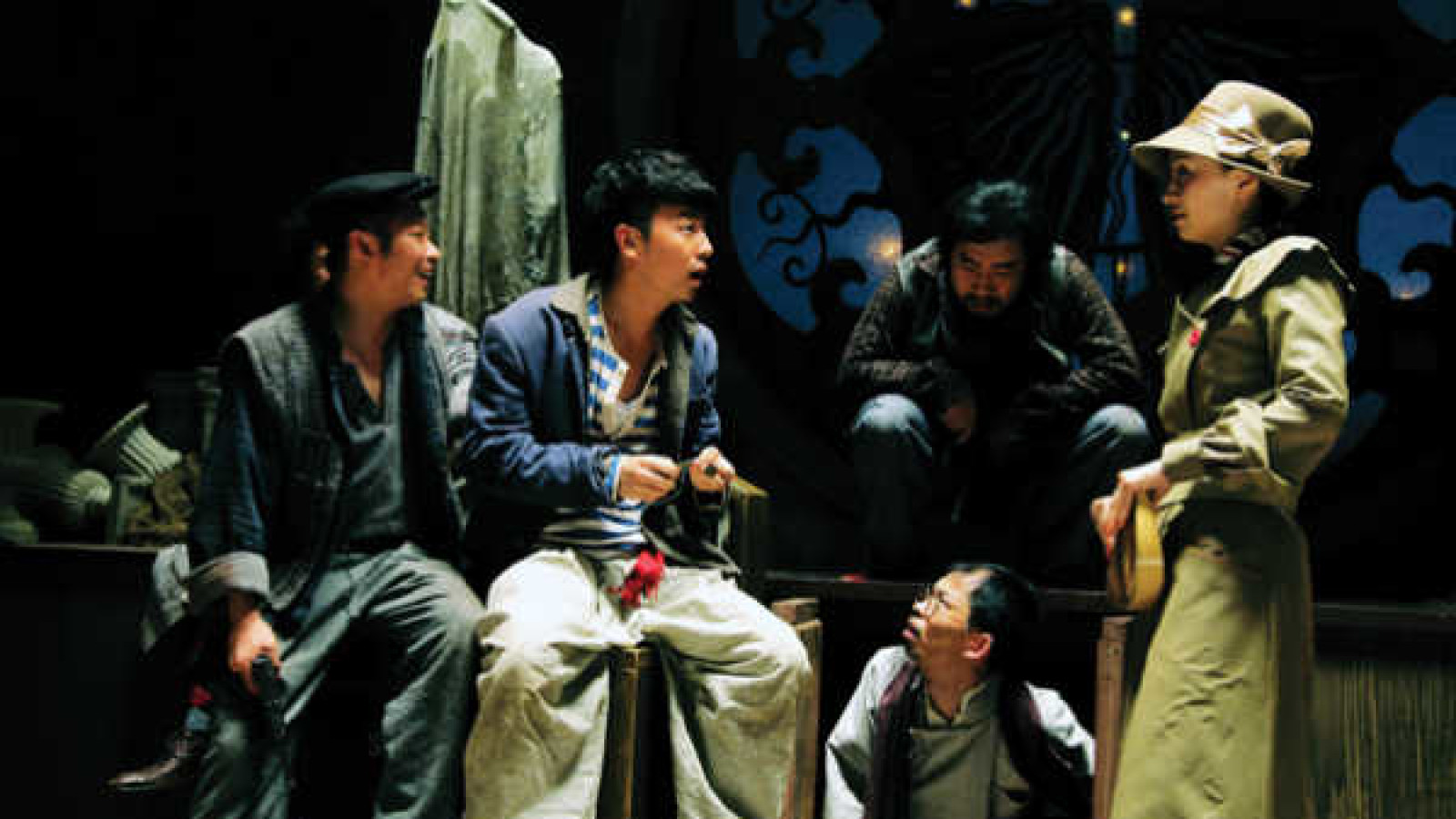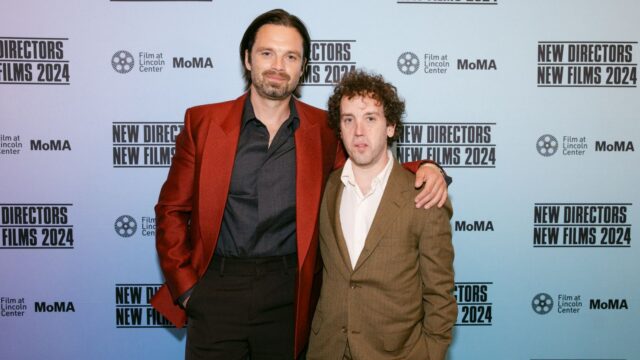Guns and Roses - Huang Jin Da Jie An

Centerpiece Presentation!
It’s all about the money, honey: finding it, making it, losing it, spending it, and stealing it. Nowhere is this more true than in China, where capitalism has juiced the country like 50,000 volts applied directly to the brain, making everyone more than a little cash-crazy. But if a director wants to talk about China’s crash course in capitalism, he’s got to set his film in the past to satisfy state censors, so welcome to the gold fever of Ning Hao’s Guns and Roses (named after his favorite band), set in 1930’s Manchuko, the puppet state in Mongolia established by the occupying Japanese Army. An industrial powerhouse ruled by the last Qing Emperor, Puyi (subject of Bernardo Bertolucci’s The Last Emperor), it was a wild, diverse region full of White Russian exiles, Japanese opportunists, Chinese criminals, collaborating Koreans, and misunderstood Mongols (it’s also the setting for Kim Ji-Woon’s The Good, The Bad, and The Weird).
Lei Jia-yin is a street hustler who strikes it rich when he’s rounded up and tossed in jail with a revolutionary freedom fighter who has an inside line on an incoming shipment of gold. Lei gets out with plans to cash in on this hot tip, but his cellmate’s comrades are suddenly squeezing him for the info. Lei comes in on their heist, masterminded by a glamorous screen star (played by Tao Hong), but then he falls for the innocent daughter of the bank president they’re about to rob, and things get complicated. Plotlines multiply like horny rabbits, Ning Hao’s stable of comic character actors pop up like wild mushrooms (including Huang Bo), and everything goes spectacularly, explosively, insanely wrong.
With action by Yang Kil-Young (who did the choreography on Oldboy), Guns and Roses marks Ning Hao’s return to filmmaking after he stalled hard with No Man’s Land. His frenetic and stylish Crazy Racer was one of the most talked-about movies at the 2009 New York Asian Film Festival, but his follow-up film, No Man’s Land, wasn’t approved by the Chinese censors and he lost three years of his career trying to get it out of motion picture purgatory (he ultimately failed, and it remains unseen to this day). All that pent-up energy, anger, and frustration comes exploding out of every frame of Guns and Roses which is his chance to show that he can still thrill audiences with extreme comedy, hilarious action, and an ending that turns the entire film on its head…with a vengeance.






